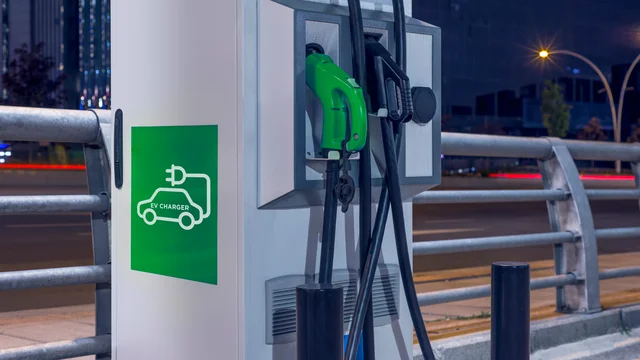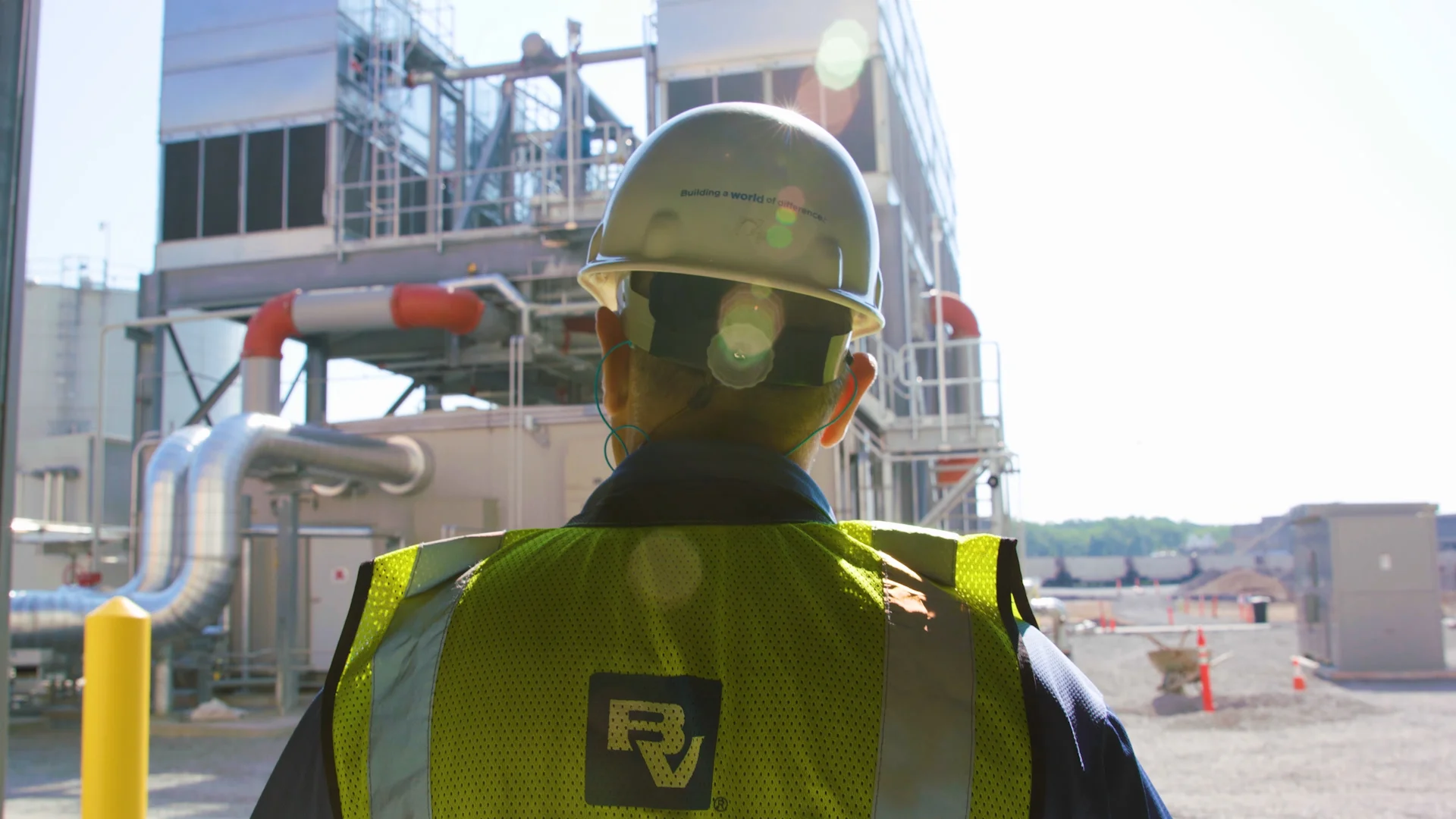Electric Vehicle Infrastructure Planning Rate Study

- Project Name
- Electric Vehicle Infrastructure Planning Rate Study
- Location
- West Hollywood, CA
- Client
- City of West Hollywood
In 2021, the City of West Hollywood, California established a Master Services Agreement (MSA) with Black & Veatch to provide innovation, data and design services and expertise to advance their smart city projects, including electric vehicle (EV) charging. As part of the MSA contract, Black & Veatch completed an EV rate study to determine the ideal pricing strategy for EV charging.
City Innovation that Aligns with State Objectives
As a forward-thinking city, West Hollywood wanted to turn underused, metered parking sites into public EV charging sites. However, a 2020 statewide rule change banned per minute billing for EV charging in favor of kilowatt-hour (kWh) billing. The rule also required display of kWh consumption for each charging session. As a result of this change, West Hollywood needed a new pricing strategy, so they asked Black & Veatch to conduct a rate study.
The Rate Study Elements
As part of the rate study, Black & Veatch evaluated pricing strategies, established benchmark charging rates, and analyzed costs of adding charging ports at parking meter sites. The results of these analyses were used to pinpoint ideal pricing and predict future revenue related to Level 2 and DC Fast infrastructure in West Hollywood: Pricing Strategy - Considered fixed and variable pricing based on either kWh of energy transferred to the EV (regardless of time or location) - Considered hourly or “per minute” parking fee based on how long the EV is plugged into the charging port Benchmark Rates - Evaluated Level 2 and DC Fast rates used by large network providers and neighboring municipalities to understand market pricing and consumer expectations Cost Analysis - Evaluated three Time-of-Use rate options with different charging demands that included customer charges, energy charges and demand charges - Factored in energy and infrastructure costs - Included revenue sources such as transferred energy, parking fees, grants, and low carbon fuel standard (LCFS) credits.
Customized Pricing that Benefits Everyone
Black & Veatch developed customized pricing scenarios for L2 and DC Fast charging that strike the best balance between city revenue and consumer value and expectations. Black & Veatch found that the average charging revenue margin—inclusive of energy costs, infrastructure O&M costs and LCFS credits was 58% higher than revenue from parking fees alone. Level 2 chargers would provide immediate revenue, and DC Fast chargers, which are more expensive to deploy and operate, would reach their break-even point in just two years. Using Black & Veatch’s pricing strategy, both charging technologies provide West Hollywood with a rapid return on investment. With targeted pricing, West Hollywood can cost-effectively support their community’s desire for clean transportation and support its climate action goals.
Unlock your EV Potential
Sustainability is not a buzzword—it’s how cities, commercial businesses, and industries thrive. As a cornerstone of sustainability, clean transportation is quickly becoming a priority as leaders seek to slash greenhouse gas emissions, increase quality of life, and build cost-effective, resilient operations. As a leader in clean transportation, Black & Veatch knows what to look for when evaluating EV charging sites, rates, and revenue potential of EV charging. We make the invisible invaluable by building an enduring clean transportation framework that supports sustainable, resilient growth of commercial businesses, utilities, cities, and governments.
Contact Us
Looking for a partner in innovation?
Let's Talk
